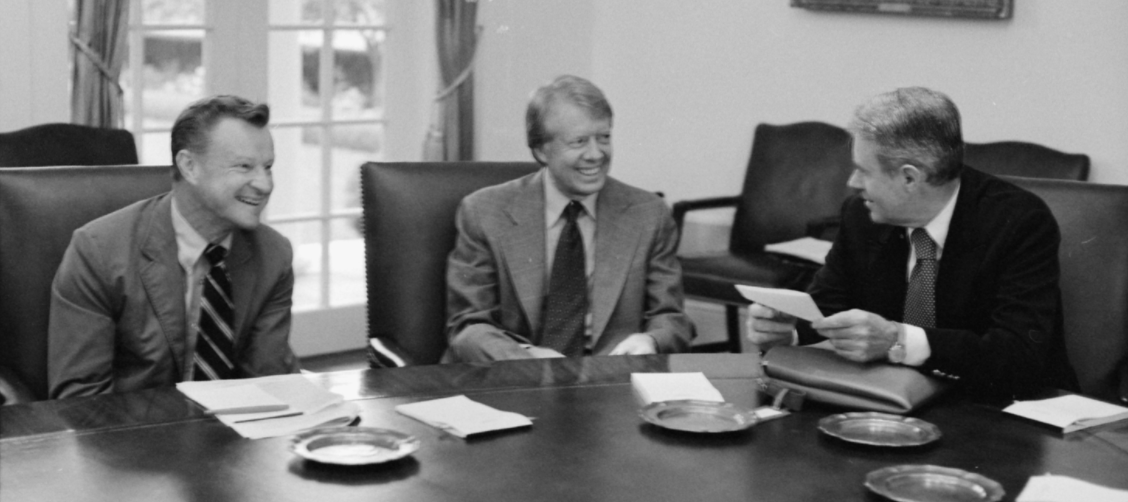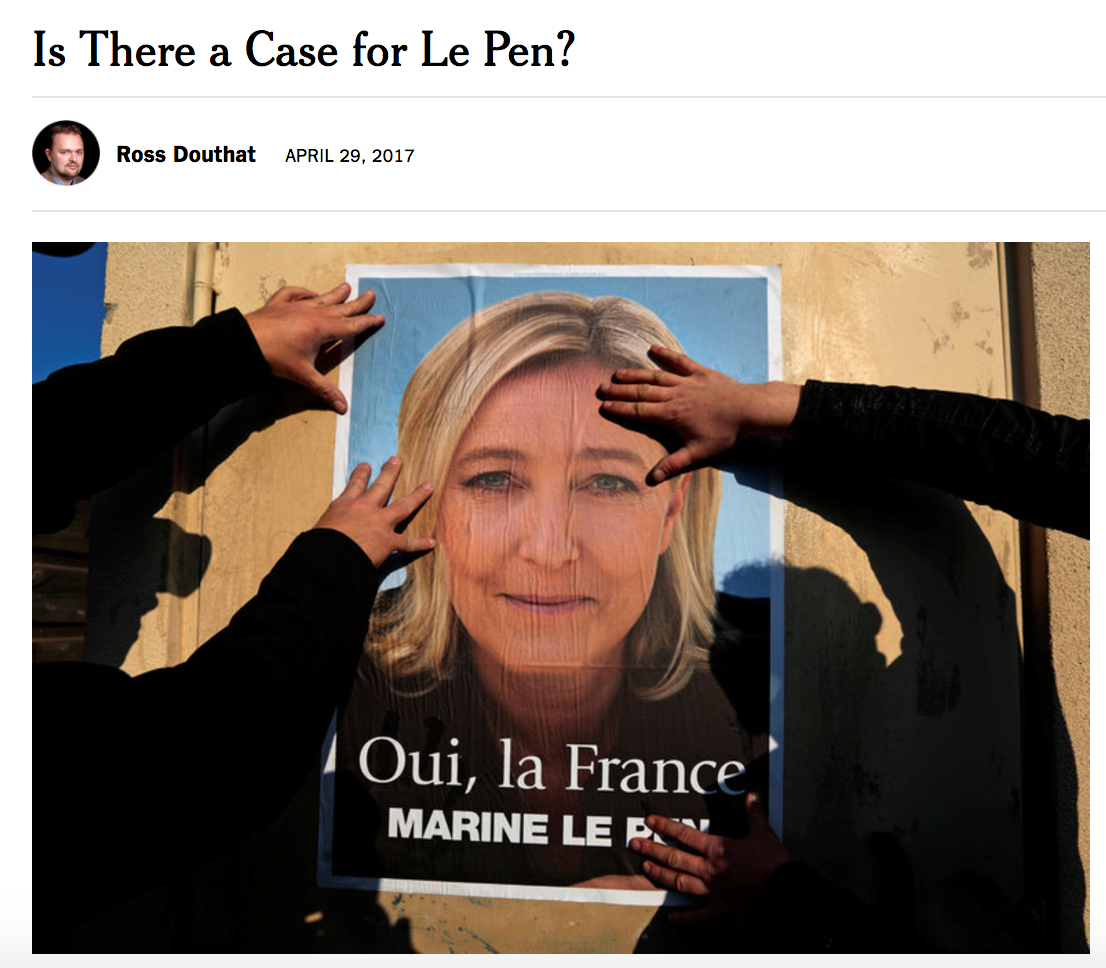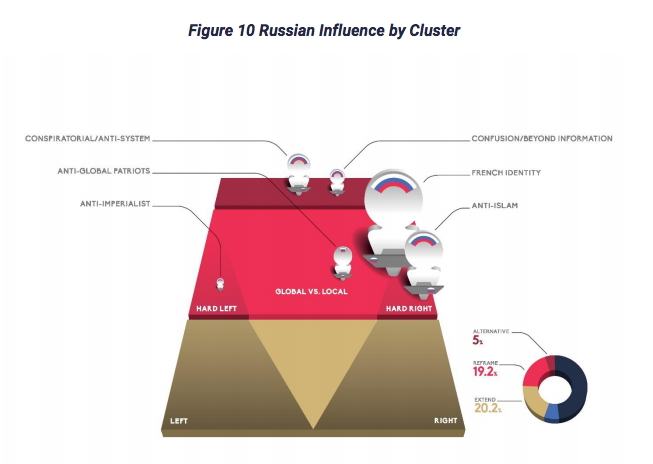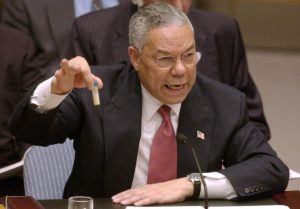Poot and POTUS Plan to Move Beyond the Mueller Investigation
I think people are misunderstanding something that happened the other day when Trump called Vladimir Putin. As the press reports, Trump initiated the call. The remarkably brief readout from the White House makes it clear Trump called to thank Putin for saying nice things about the economy (many have taken that as Trump’s declaration that he values such flattery, which is no doubt true, but Trump didn’t write the readout).
President Donald J. Trump spoke with President Vladimir Putin of Russia today. President Trump thanked President Putin for acknowledging America’s strong economic performance in his annual press conference.
The two presidents also discussed working together to resolve the very dangerous situation in North Korea.
The even briefer formal readout from the Russian side (and this is unusual for them) said only,
Vladimir Putin had a telephone conversation with US President Donald Trump at the initiative of the American side.
Though reports state that the Kremlin said the men also discussed US-Russian ties.
The Kremlin said Thursday the two men discussed US-Russia ties and increasing tensions on the Korean peninsula, an issue that Putin chastised the United States for in earlier comments.
Other reports note that HR McMaster did not participate in the call.
The leaders talked for about 10 minutes, and national security adviser H.R. McMaster didn’t participate in the call, a White House official said.
So Trump saw reports that Putin mentioned him in his annual press conference, and called him up to comment about it, without an adult present.
Of course (as Politico notes but doesn’t focus on), Putin’s reference to Trump’s alleged success with the economy isn’t the most pointed thing he said in his press conference. Here’s the full exchange between ABC’s Terry Moran and Putin.
Terry Moran: Thank you, Mr President. Terry Moran with ABC News.
First, in the United States investigations by Congress, the Department of Justice and the media have uncovered a very large number of contacts between Russian citizens associated with your government and high officials of the Trump campaign. And some of those officials are now being prosecuted for lying about those contacts. All this is not normal. And many Americans are saying where there is that much smoke there must be fire. How would you explain to Americans the sheer number of contact between the Trump campaign and your government?
And second, if I may. It has almost been a year since Donald Trump has been elected president. You praised Donald Trump during the campaign. What is your assessment of Donald Trump as president after one year? Spasibo.
Vladimir Putin: Let us begin with the second part of your question. It is not for me to evaluate Donald Trump’s work. This should be done by his electorate, the American people. But we do see some major achievements, even over the short period he has been in office. Look at the markets, which have grown. This is evidence of investors’ trust in the US economy. This means they trust what President Trump is doing in this area. With all due respect to President Trump’s opposition in the United States, these are objective factors.
There are also things he would probably like to do but has not been able to do so far, such as a healthcare reform and several other areas. By the way, he said his intentions in foreign policy included improving relations with Russia. It is clear that he has been unable to do this because of the obvious constraints, even if he wanted to. In fact, I do not know if he still wants to or has exhausted the desire to do this; you should ask him. I hope that he does and that we will eventually normalise our relations to the benefit of the American and Russian people, and that we will continue to develop and will overcome the common and well-known threats, such as terrorism, environmental problems, weapons of mass destruction, crises around the world, including in the Middle East, the North Korean problem, etc. There are many things we can do much more effectively together in the interests of our people than we are doing them now. Actually, we can do everything more effectively together.
Terry Moran: How would you explain the connection between the government, your government, and the Trump campaign? How would you explain it to Americans?
Vladimir Putin: (In English.) I see, I see. (In Russian.) You know that all this was invented by the people who stand in opposition to Mr Trump to present his work as illegitimate. It seems strange to me, and I mean it, that the people who are doing this do not seem to realise that they are damaging the internal political climate in the country, that they are decimating the possibilities of the elected head of state. This means that they do not respect the people who voted for him.
How do you see any election process worldwide? Do we need to ban any contacts at all? Our ambassador has been accused of meeting with someone. But this is standard international practice when a diplomatic representative and even Government members meet with all the candidates, their teams, when they discuss various issues and development prospects, when they want to understand what certain people will do after assuming power and how to respond to this. What kind of extraordinary things did anyone see in this? And why should all this take on the nature of spy mania?
You have watched the investigation on social media. The share of Russian corporate advertising makes up less than 0.01 percent, with that of American companies totaling 100, 200 and 300 percent. It is simply incomparable. But, for some reason, even this is seen as excessive. This is some kind of gibberish.
The same can be said about the situation with our media outlets, including RT and Sputnik. But their share in the overall information volume is negligible, as compared to the share of global US media outlets all over the world and in Russia. And this is seen as a threat. Then what about freedom of the media? This is actually a cornerstone, on which American democracy itself is based.
All of us should realise that someone succeeds and someone does not. We need to draw conclusions from this and move on, instead of pouncing on one another like animals. We need to think about this and draw conclusions.
Moran starts by noting that Trump’s people are now being prosecuted for lying about contacts with Russians, and asks why there were so many contacts. He then invites Putin to comment on Trump’s success.
Putin responds by saying it’s not his place to evaluate Trump’s success (elsewhere in the press conference Putin made grand show of respecting Russia’s democracy, too), but then goes ahead and does so, claiming that the economy is an “objective” success of Trump’s.
Moran has to prod him to get a direct answer on the second point. Putin repeats a Republican talking point — that the investigation “was invented by the people who stand in opposition to Mr Trump to present his work as illegitimate” — and complains about this “spy mania.” But then he doesn’t address the allegations that Russian spies were cozying up to Trump’s officials, not just its ambassador; he instead focuses on the social media investigation (and rightly points out that Russian social media had just a fraction of the impact of equally problematic right wing social media manipulation).
It’s the middle bit — what might have been Putin’s first response to Moran’s question about the investigation — that I suspect elicited Trump’s call to Putin.
I do not know if he still wants to or has exhausted the desire to do this; you should ask him. I hope that he does and that we will eventually normalise our relations to the benefit of the American and Russian people.
Having gotten Trump’s attention with a bullshit compliment, Putin then asked, “do you still want to go steady?”
Putin’s question — do you still want to normalize relations — came against the background of increasing Russian challenges in Syria, the theater where, even according to Jared Kushner’s public comments, the Russia-Trump cooperation was supposed to first bear fruit.
“On Dec. 13, two Russian Su-25s flew into coordinated coalition airspace on the east side of the Euphrates River near Abu Kamal, Syria,” the spokesman said, “and were promptly intercepted by two F-22A Raptors providing air cover for partner ground forces conducting operations to defeat ISIS.”
The U.S. jets used chaff, flares, and other maneuvers to “persuade the Su-25s to depart,” said the spokesman, and also made repeated calls on N emergency channel to the Russian pilots. Coalition leaders also contacted Russians on the ground along the deconfliction line. After 40 minutes, the Russians flew back to the west side of the Euphrates.
The U.S. and Russia verbally agreed in early November that Russian aircraft would stay west of the Euphrates and American jets would stay east. According to the spokesman, since the Russians are now crossing the river six to eight times a day, “it’s become increasingly tough for our pilots to discern whether Russian pilots’ actions are deliberate or if these are just honest mistakes.”
“Are you still interested,” Putin asked, while making it clear Russia could make Trump’s life far more difficult that it is currently doing.
And Trump got on the phone and said … we don’t know what he said, but we can sure guess.
In the wake of it, Trump’s team leaked details of their request to meet with Robert Mueller next week to find out whether the probe will, as Ty Cobb has absurdly been claiming for some time, be drawing to a close.
President Donald Trump’s private lawyers are slated to meet with special counsel Robert Mueller and members of his team as soon as next week for what the President’s team considers an opportunity to gain a clearer understanding of the next steps in Mueller’s probe, according to sources familiar with the matter.
While the lawyers have met with Mueller’s team before and might again, the sources believe the upcoming meeting has greater significance because it comes after the completion of interviews of White House personnel requested by the special counsel and after all requested documents have been turned over. Mueller could still request more documents and additional interviews. No request to interview the President or the vice president has been made, sources tell CNN.But Trump’s team, led by John Dowd and Jay Sekulow, is hoping for signs that Mueller’s investigation is nearing its end, or at least the part having to do with the President. Their goal is to help Trump begin to emerge from the cloud of the ongoing investigation, several of the sources explained. The sources acknowledge that Mueller is under no obligation to provide any information and concede they may walk away with no greater clarity.
If such a meeting does occur, it will come amid the rumors that Trump plans to fire Mueller. Either Mueller finishes up and gives Trump an all clear, and soon, the message seems to be, or Trump will ensure Mueller can’t report the opposite.
Putin wants to get on with things, with making good on his investment in Donald Trump. And in response to that message, Trump made moves towards trying to end the investigation that would show such a plan would be the quid pro quo for Putin’s help getting Trump elected.






















